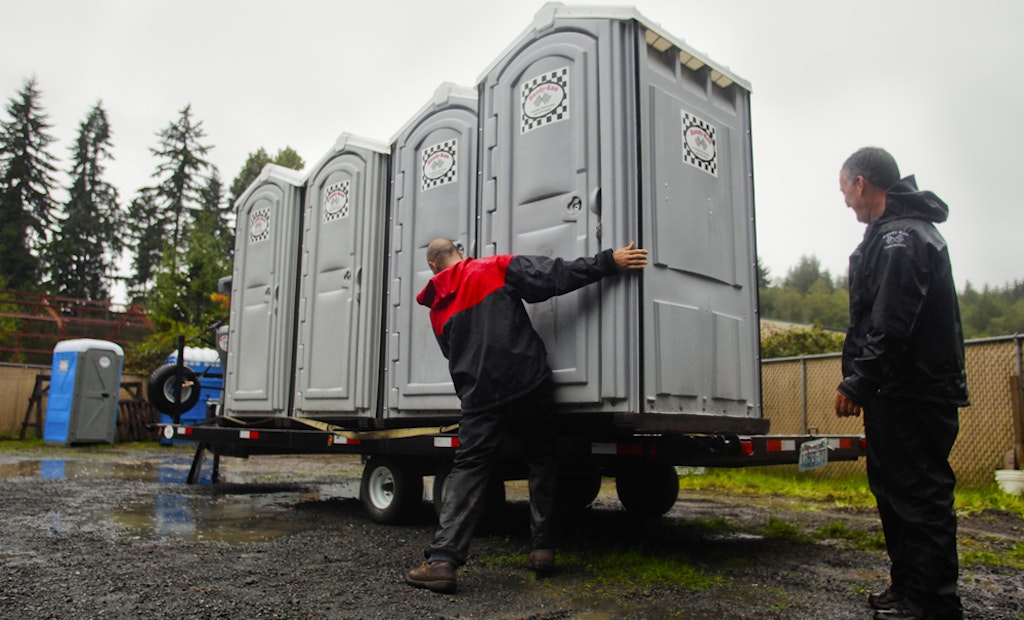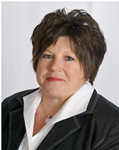
Interested in Business?
Get Business articles, news and videos right in your inbox! Sign up now.
Business + Get Alerts“You can have everything in life you want, if you will just help enough other people get what they want.” These are the famous words of salesman and motivational speaker Zig Ziglar.
If you want to help more people get want they want and transform your sales process, consider these eight tips:
1. Write a mission statement
A great salesperson must have a clear mission. Why? To stay focused on primary objectives despite various distractions that can steer sales efforts off track, risking the end goal. Without a clear vision each day, you become distracted, which results in less prospecting, fewer opportunities and weakened negotiations.
A mission statement is a professional declaration that combines your experience, job purpose, aspirations and professional values. It defines the way you plan to conduct business. Independent of a company or departmental mission statement, your mission statement will bring clarity to achieving goals and serve as a compass to stay pointed in the right direction.
2. Time management
A great salesperson recognizes the importance of time management. Take a few minutes each day to assess top priorities and organize accordingly:
- Where do we need to place new portable restrooms today?
- Which regular job sites need to be serviced today?
- How many crew members do we have? Did anyone call in sick?
- How many sales calls do I want to make today? How much time do I need for that?
Successful people don’t squander valuable time on unproductive efforts.
Making sales calls is one of the easiest things to procrastinate, but it’s essential to achieving sales goals. If you’re eager to earn business, maximize the sales day and push yourself to make just a few additional calls each day. Making just five additional calls a day amounts to an extra 250 calls a year, resulting in greater overall success.
3. Maximize productivity
Create a specific set of objectives to accomplish before you contact a customer. For instance, gather the buyer’s timeframe, additional options that are being considered, or simply something of a more personal nature that builds on the relationship.
Additionally, ask tough questions to engage the customer and listen intently to gather important details. End each meeting with an understanding of the next step. This shows respect for each other’s time and sets the platform for the next follow-up meeting or phone call.
4. Communication style
Thanks to advanced technology, there are many ways to communicate and stay in touch with clients, in addition to traditional methods such as face-to-face meetings. Don’t assume a client likes one method over another simply because it’s the way you prefer to interact.
While some embrace technology, others may still prefer a handshake and personal visit. If you’re unsure, ask how they prefer to stay in touch. Video chat might seem perfect from a sales office, but if a client isn’t comfortable on camera, they won’t be responsive and will likely attempt to cut the meeting short.
5. Overcome objections
Anticipate potential objections and be prepared with responses to overcome any opposition. Before each sales call, consider what things could pose an obstacle and be ready to respond.
For example, the most common objection is price. Buyers are looking for the best deal. Before you jump in to defend your price, be sure to dig deeper:
- What are you comparing our price to?
- Is it higher than a competitor?
- Is it more than what you paid last time?
- Or is it simply not what you expected?
Each would require a different response. A keen salesperson will be prepared for this objection and able to overcome it with professional ease.
6. Be a problem solver
Let’s face it, customers only care about the features and benefits of your products (portable restrooms) and services if they provide solutions to their specific needs. For a customer searching for portable sanitation, those needs might be rather basic (a sanitation facility), time sensitive (same-day delivery), price conscious (budget constraints), or uniquely complicated (require special equipment).
The more often a salesperson can provide a solution that meets or exceeds a customer’s expectations, the more sales he or she is likely to make. Start with removing the word can’t from selling vocabulary and find ways to help customers solve problems or fill specific needs.
A customer may ask for a product — ADA-accessible restroom — or service that your company doesn’t provide because they believe you have the ability to help — this presents an opportunity for your company. What do you do? Do it, sub it, or refer it — but don’t say no.
Build a deep bench of resources including subcontractors and alternate portable restroom operators, as well as harnessing the imagination and support of your own staff to provide solutions and potentially new business opportunities.
7. Follow up
This selling discipline may easily be the differentiating factor between an average salesperson and a top performer. Follow-up is critical to long-term selling success. Many sales are lost simply because the salesperson failed to follow up after the initial call.
A seasoned salesperson recognizes the need to take this initiative, often repeatedly, to earn and maintain the business. They understand each contact with a client not only helps develop the business relationship further, but ultimately earns more business.
8. Show appreciation
Find creative ways to thank loyal customers. Sending a small gift or a personal, handwritten thank you note shows gratitude and excitement for doing business together. It makes buyers feel good about their decision to do business with you and quite honestly makes them feel special.
About the Author

Beverly Lewis runs a marketing agency, the Beverly Lewis Group, dedicated to helping small businesses with marketing solutions. Having served as the director of sales & marketing for two portable sanitation companies, her unique background combined with an expertise in marketing is well suited for the portable sanitation industry.
She believes that a company’s image is represented in every aspect of the company. She is an active member of the PSAI and was awarded the distinguished Sani-Award in 2008 for outstanding service. Contact Beverly at beverly@beverlylewisgroup.com or visit www.beverlylewisgroup.com.





